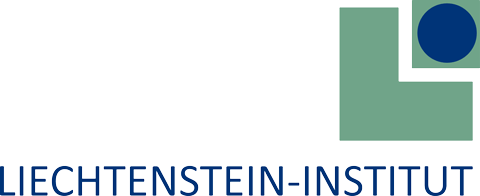The impact of the Liechtenstein residence lottery on work effort and labor supply
The question of how income taxation affects labor supply, work effort and career decisions are of high policy as well as scientific relevance. Specifically, one of the most disputed questions in economic policy is whether reductions in tax rates can motivate people to exert extra effort, or to increase their labor supply. Almost every reform to the (income) tax code is discussed in the light of this question. This makes the so-called elasticity of taxable income a central parameter in Public Economics. However, estimating this elasticity is difficult, because usually it is not possible for researchers to modify tax rates in an experimental setting.
Liechtenstein’s residence permit lottery provides a unique opportunity to leverage experimental variation in tax rates to examine the effect of lower taxes on labor supply. Every year, EEA cross-border workers with an employment contract in Liechtenstein and a minimum of 80% employment rate can participate in the lottery. By drawing lots, it is determined who will be allowed to reside in Liechtenstein in the future and pay his or her taxes there. The tax differential between winners and losers of the lottery is substantial (e.g., single person, taxable income CHF 80,000: approximately 35% average tax rate in Austria compared to 5% average tax rate in Liechtenstein). The lottery is therefore very well-suited to answer the important economic policy question of how income taxation affects work efforts and labor supply. This project utilizes previously inaccessible, fully anonymized individual data on income and employment to estimate the effect.
Project duration: since 2024








